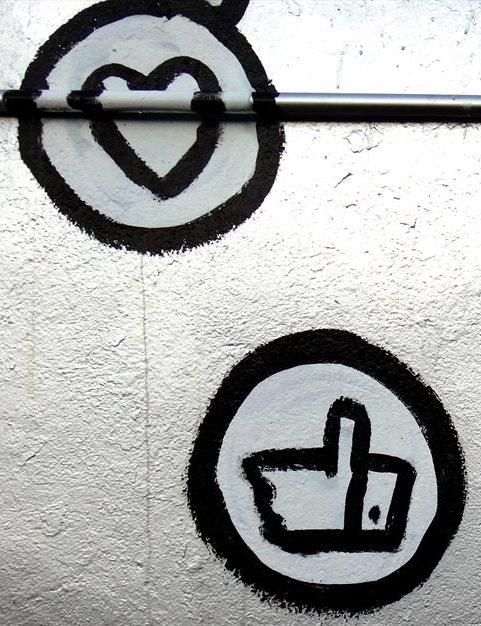In the past few months, many people may have read that Instagram and Facebook have been running trials in Canada and Australia to hide the number of likes, reactions and video views that are made to public posts.

Image credit: George Pagan III on Unsplash.
The intention is to rethink how users engage with these platforms and to make social networks less stressful. But this goes against using the main currency that Facebook has used for the past decade. The like.
This new tactic creates some very interesting questions for marketers because the like has been the vanity metric that most businesses and individuals have sought for so long. With the rise of influencer marketing over the past few years, how will this influence the influencers and how will these individuals be measured?
Measuring without likes
Will they use the opportunity to see – which will just be a good guess at best – how they can become accountable for sales? In a developing e-commerce environment like South Africa, this will be an interesting challenge.
But maybe we don’t need likes anymore. With the decrease of organic reach “community managers” are using likes, reactions, shares and views as their main metrics. Facebook and Instagram may be onto something.
Given lower engagement rates they could be doing themselves a service by dropping these metrics before businesses lose faith or have further questions of their platforms.
A new post-Like currency
As Facebook and Instagram keep growing (this without any third-party verification of their actual numbers) and continue to compete with traditional media channels for reach, perhaps this will be the new currency they use.
We know that video views are a little sketchy already and there has been the question: What is the value of a like? This being said, maybe Facebook and Instagram have outgrown small-to-medium businesses in favour of chasing large corporate budgets, resulting in a change or approach.
In essence, change is good and, as the largest social networks, they need to adapt.
It will be very interesting to see if user engagement changes if those ‘like’ numbers are removed. Are individuals more attracted to a post or page because it has a lot of likes, or are they truly interested in the content of what is being published?
Engagement has always been the better measurement, and I would like to see the measure of ‘likes’ gone as it does not mean anything to anyone except maybe our lovely influencers.
What would happen to all the models of Instagram and Facebook? Perhaps they’ll need a change in career with no filters!









































